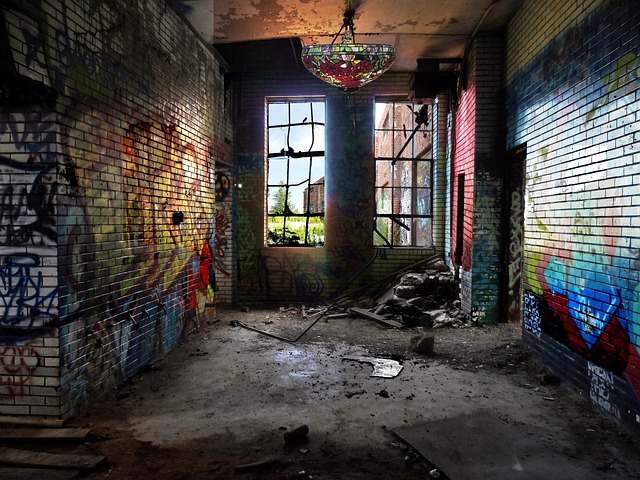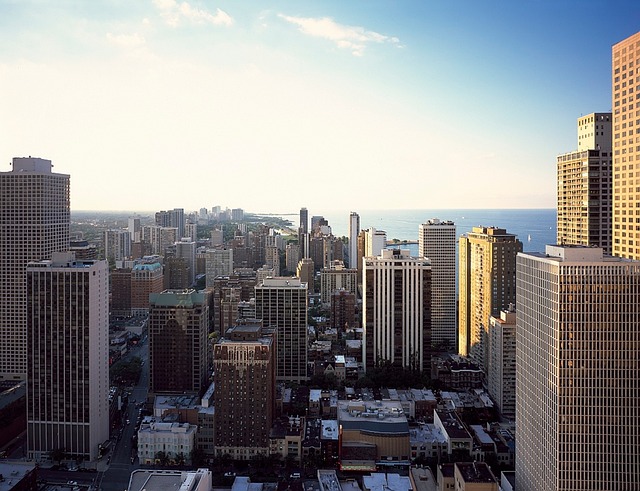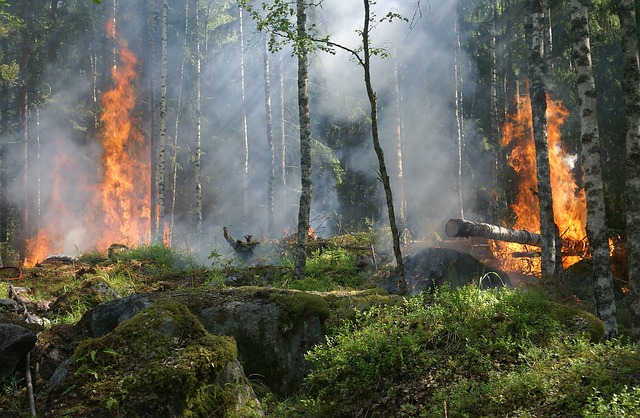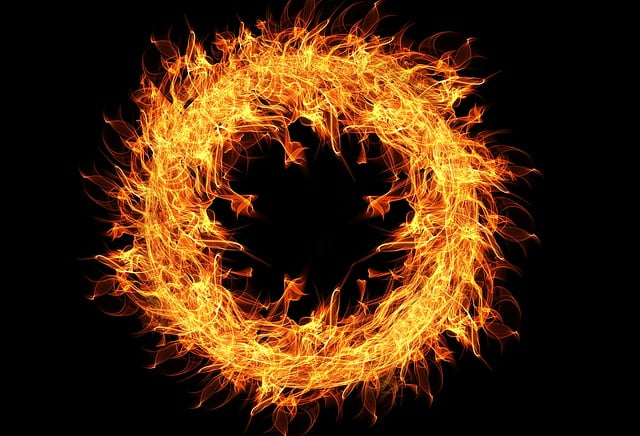The market for selling fire-damaged houses in Chicago is driven by the city's economic growth and appeal. Key factors include understanding neighborhood resilience, community bonds, and repair/replacement strategies. Homebuyers find opportunities in this unique landscape. The initial step is a thorough assessment to determine repair or replacement. Legal and insurance considerations involve assessing damage, complying with building codes, and reviewing insurance policies. Marketing strategies should highlight unique features, emphasize professional repairs, and employ local partnerships and SEO keywords like 'selling fire damaged house Chicago'.
“After a fire, selling your home in Chicago can seem daunting, but with the right approach, it’s a feasible process. This comprehensive guide navigates you through every step of preparing and marketing your fire-damaged property for a successful sale. From understanding the unique Chicago market for such properties to legal considerations and repair vs. replacement decisions, we provide insights to help homeowners make informed choices. Discover effective strategies to attract buyers, ensuring a smooth transition.”
- Understanding the Market for Fire-Damaged Properties in Chicago
- Preparing Your House for Sale: Repair vs. Replacement Decisions
- Legal and Insurance Considerations Post-Fire Damage
- Marketing Strategies to Attract Buyers for Your Fire-Damaged Home
Understanding the Market for Fire-Damaged Properties in Chicago
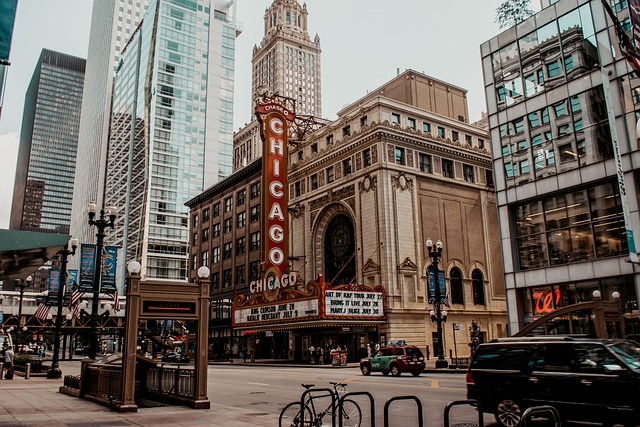
The market for fire-damaged properties in Chicago, like any urban center, is unique and influenced by various factors. When selling a fire-damaged house in Chicago, understanding this dynamic is crucial. Homebuyers in this vibrant city are increasingly looking for opportunities to invest in real estate, even in areas affected by natural disasters or fires. This trend is driven by the city’s steady economic growth, robust job market, and the overall appeal of Chicago as a place to live and work.
Chicago’s real estate landscape offers a mix of established neighborhoods and emerging hotspots, with varying levels of resilience to property values post-disaster. Areas known for their strong community bonds and quick recovery often see higher demand for fire-damaged homes, as locals prioritize rebuilding within familiar communities. This dynamic creates opportunities for both experienced investors and first-time homebuyers looking to navigate the market for fire-damaged properties in Chicago.
Preparing Your House for Sale: Repair vs. Replacement Decisions

When preparing a fire-damaged house for sale in Chicago, the first step is assessing the extent of the damage and deciding on repair or replacement strategies. It’s crucial to evaluate each damaged area individually—is it reparable, or does it require complete substitution? For example, while drywall can often be repaired or replaced, structural elements like beams may necessitate complete removal and reconstruction.
Consider the cost-benefit analysis of repairs versus replacements. In some cases, repairing might be more economical, especially if the damage is confined to specific areas. However, if a significant portion of the house has been affected, replacement might be the more feasible option in the long run. A professional assessment from a contractor can provide valuable insights into making these decisions for a successful selling process in the Chicago real estate market.
Legal and Insurance Considerations Post-Fire Damage
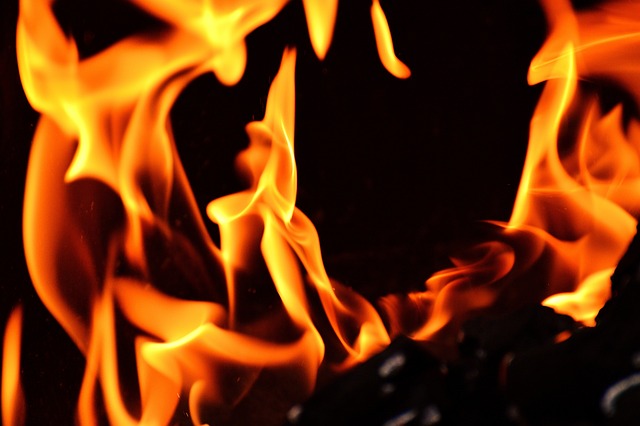
When considering selling a fire-damaged house in Chicago, understanding the legal and insurance considerations is crucial. After a fire, property owners must navigate a complex process to ensure they comply with local regulations and protect their interests. The first step involves assessing the level of damage and determining whether the structure can be restored or if it’s beyond repair. In Chicago, specific building codes and safety standards must be met before any reconstruction or sale can occur. Consulting with a professional inspector is essential to understand the scope of repairs needed and potential red flags that could impact the property’s resale value.
Insurance plays a significant role in this process. Homeowners insurance policies typically cover fire damage, but the extent of coverage varies. Policyholders should carefully review their coverage limits, deductibles, and any applicable exclusions related to fires. In some cases, especially with severe damage, it might be necessary to file a claim with your insurer for reimbursement or to determine if the policy covers rebuilding costs. Selling a fire-damaged house in Chicago requires transparency regarding these matters to manage expectations with potential buyers and ensure a smooth transaction.
Marketing Strategies to Attract Buyers for Your Fire-Damaged Home
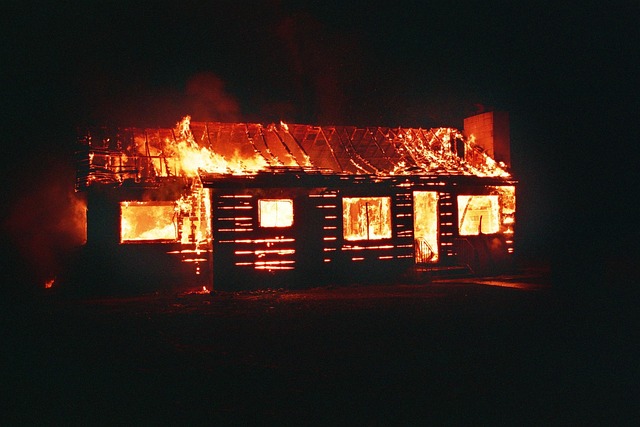
When it comes to marketing your fire-damaged home in Chicago, creativity and transparency are key. Highlight the unique aspects of your property that remain unharmed by the fire, focusing on features like a spacious layout, beautiful architecture, or a prime location. Emphasize that while there is evidence of past damage, professional repairs have been (or will be) conducted, ensuring a safe and habitable space. Utilize high-quality photography and video tours to showcase the potential of your home, attracting buyers who appreciate its true value beyond the fire scars.
Consider employing strategic marketing tactics tailored for Chicago’s real estate market. Partner with local agents who specialize in selling distressed properties to reach a targeted audience. Leverage online platforms and social media to spread awareness, using relevant hashtags like #SellingFireDamagedHouseChicago. Share before-and-after pictures (of both the home and the neighborhood) to demonstrate the area’s resilience and the potential for rejuvenation. Engage with local communities and real estate forums to dispel any negative stereotypes associated with fire-damaged properties, presenting your house as a promising investment opportunity.
Selling a fire-damaged house in Chicago requires careful navigation through both practical and legal aspects. By understanding the local market, making informed decisions about repairs versus replacements, addressing insurance and legal considerations, and employing effective marketing strategies, you can successfully navigate the process. Remember that transparency and honesty are key to attracting buyers who appreciate the unique challenges and opportunities presented by fire-damaged properties. With the right approach, selling a fire-damaged house in Chicago can be a lucrative opportunity for both sellers and discerning buyers.


